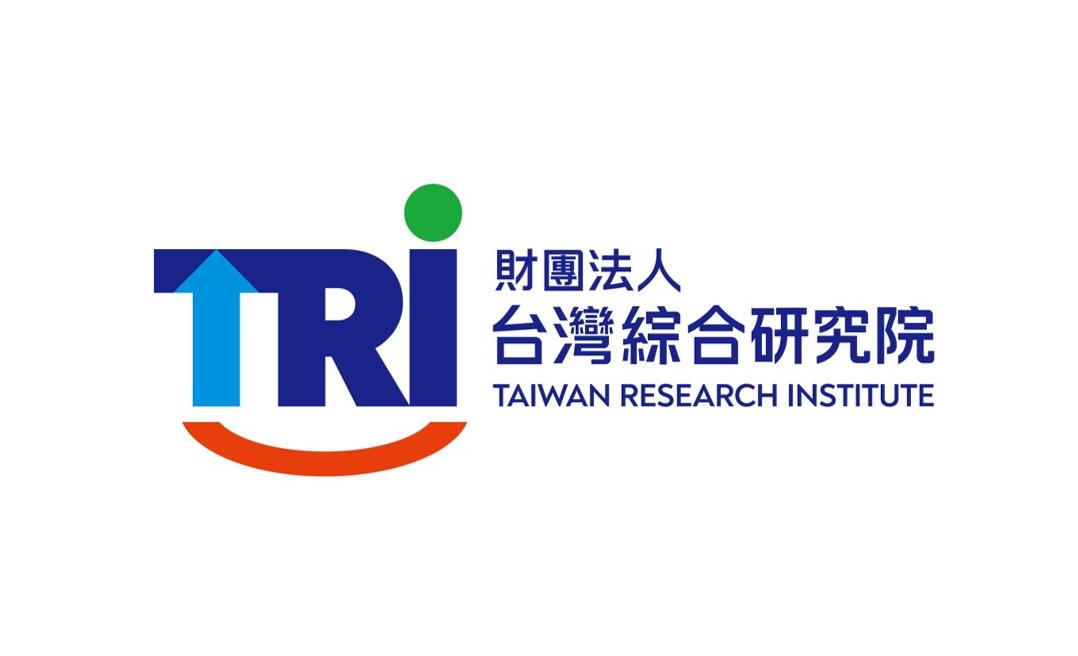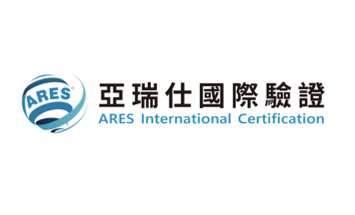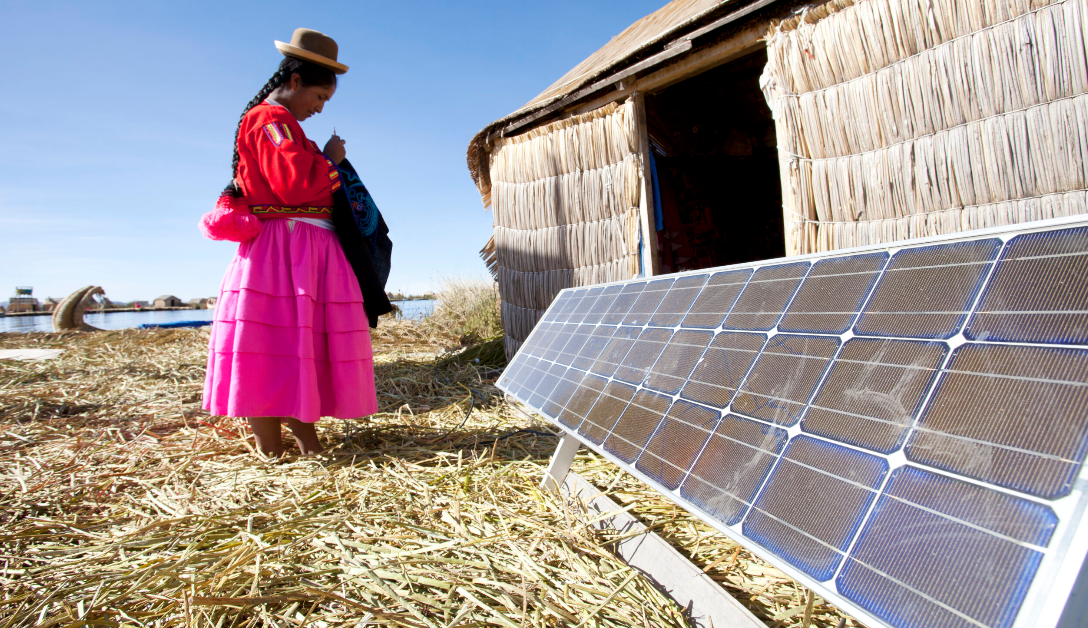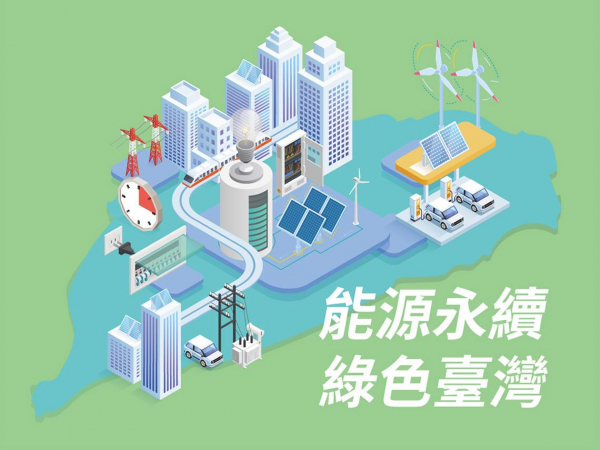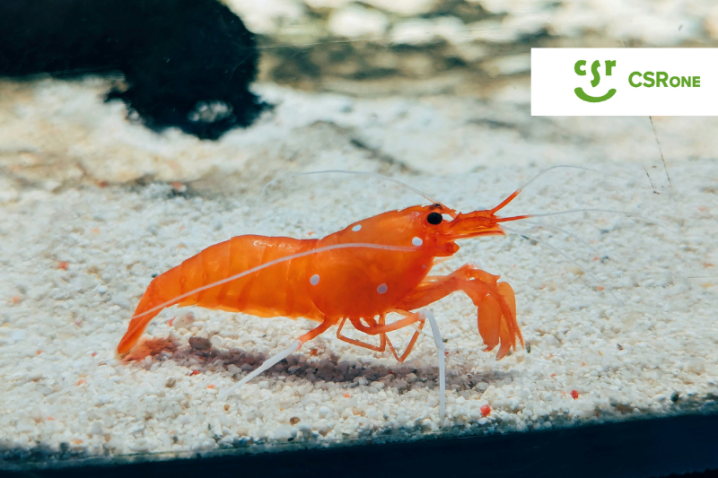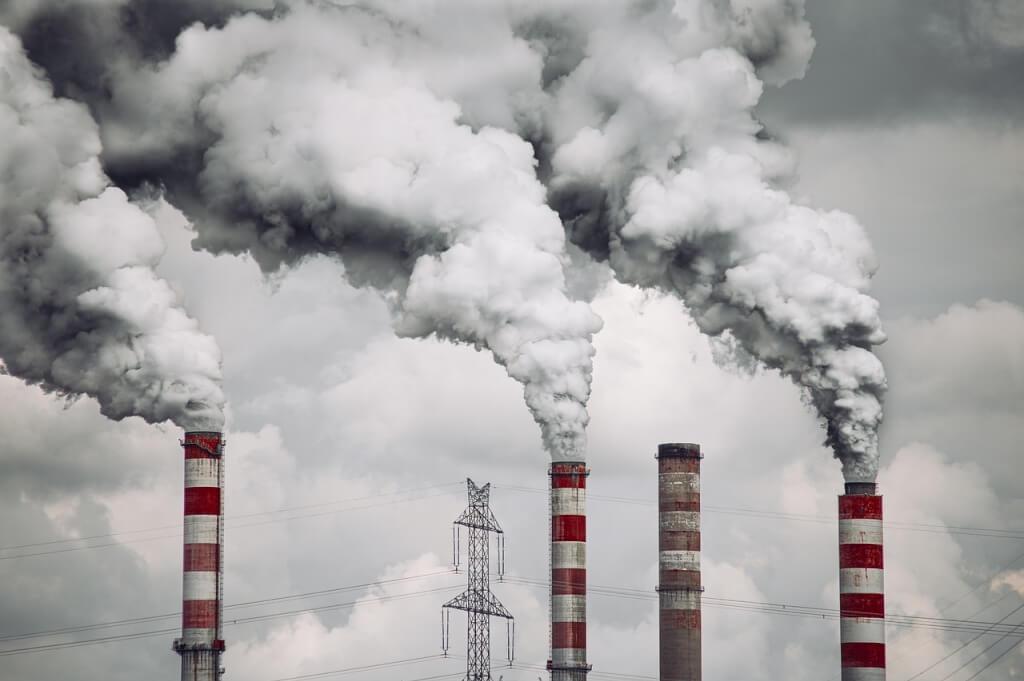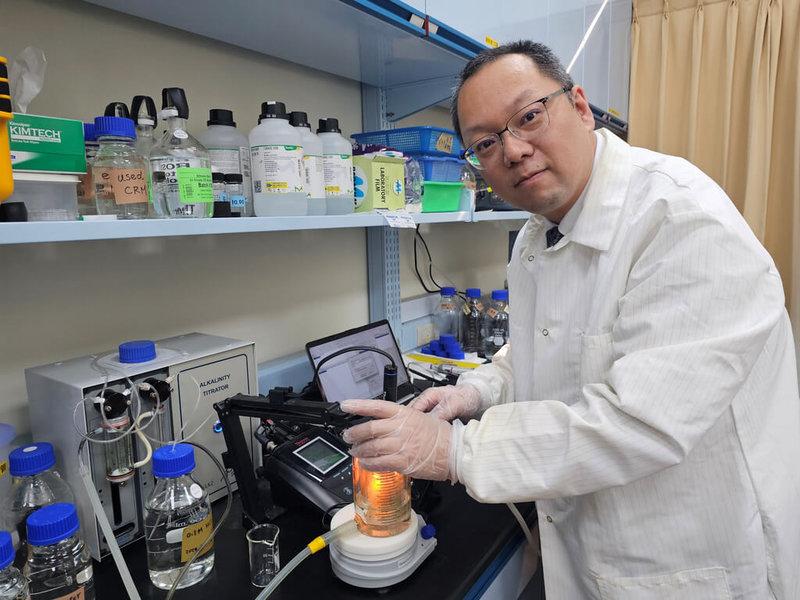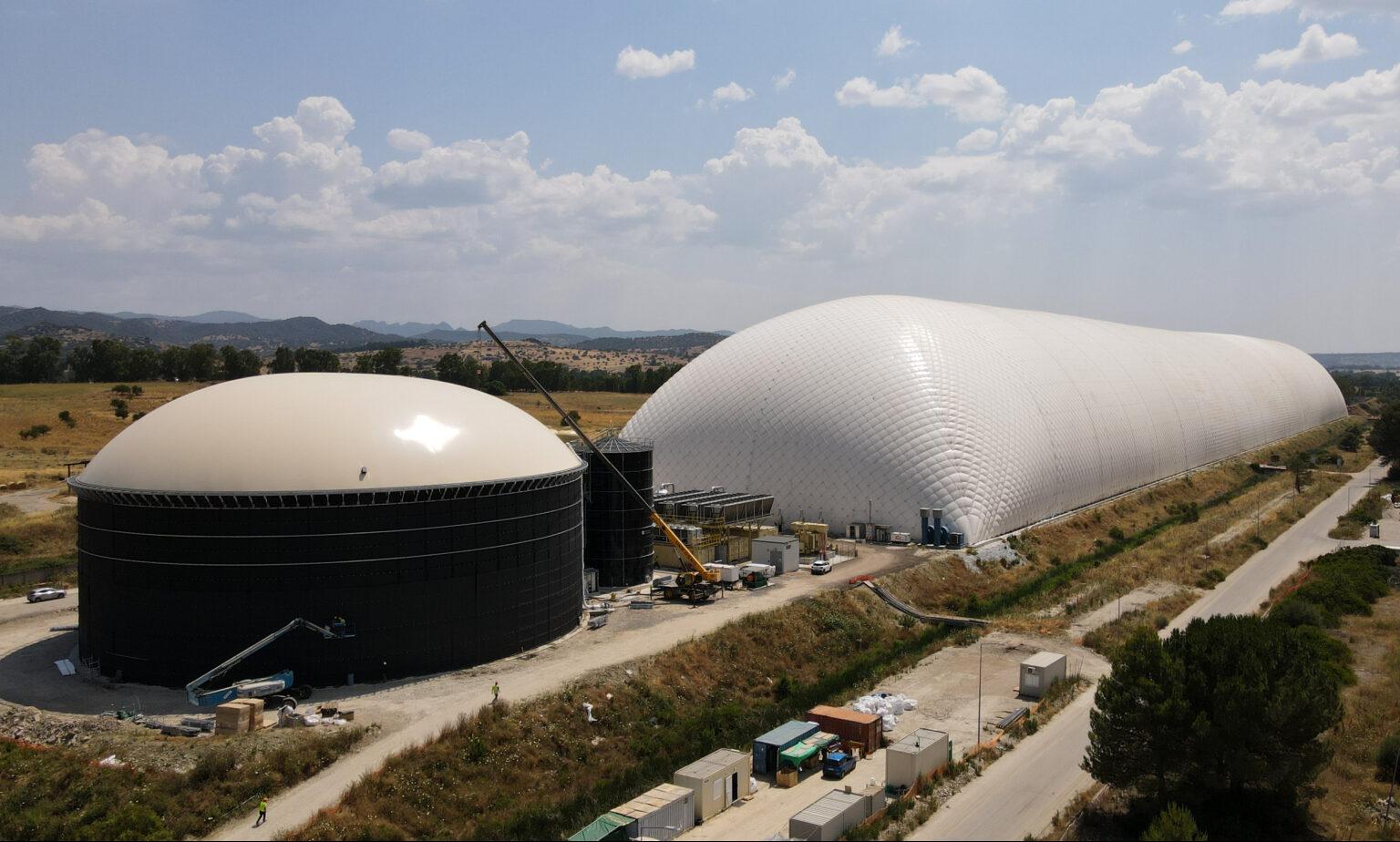ABOUT
Association for Net Zero Emissions Taiwan
Expand Net Zero Initiative
Commitment to Support and Involvement
ANZET encourages industries to actively engage in transformation efforts, striving to achieve net zero greenhouse gas emissions by 2050.Through proactive carbon reduction initiatives, we continuously promote and advocate for net zero emissions, leading various sectors in Taiwan through action to fulfill our shared responsibility of protecting the Earth's environment.

04
Nov.2025
This is Not Just an Environmental Issue: 2025 Lancet Report Reveals How Climate Change Impacts Global Public Health
The latest report from the globally authoritative medical journal The Lancet has been released. The study warns that extreme heat, the spread of infectious diseases, and food security are seriously threatening human health. The report calls for the phasing out of fossil fuels, describing it as the greatest "public health investment" of this century.
29
Oct.2025
Can Taiwan Achieve 24/7 Carbon-Free Electricity? Latest Report Offers Perspectives
How can Taiwan meet the 24/7 uninterrupted green electricity demand of its high-tech industry under a nuclear-free scenario? A new report simulates feasible pathways for 2030, revealing key strategies reliant on the complementarity of wind and solar power with energy storage, as well as the cost issues that concern everyone most.
21
Oct.2025
Lightning Strikes the Arctic: A New Crisis Under Climate Change
As global warming intensifies, the Arctic region, once almost entirely insulated from lightning, is now experiencing unprecedented changes. In recent years, the frequency of Arctic lightning has increased significantly, raising concerns about wildfires, carbon emissions, and permafrost thaw. This series of phenomena reveals how climate change is disrupting polar weather patterns and could trigger new climate crises. How exactly will these changes affect Earth's future climate?
13
Oct.2025
Leftover Shrimp Shells Turned into Earth-Saving Elixir? UAE Scientists Convert Shrimp Shell Waste into Efficient Carbon Capture Material
Millions of tons of shrimp shells discarded globally each year are being transformed into potent carbon capture materials by a research team at the University of Sharjah in the UAE. This seemingly useless waste, after undergoing high-temperature pyrolysis and activation processes, becomes "black gold" for capturing carbon dioxide. This not only solves the waste problem for the seafood market but also provides a new solution for global carbon reduction strategies. Research worldwide is actively following up, demonstrating the immense potential of shrimp shells as an environmental solution.
03
Oct.2025
Report: From Womb to Old Age, Fossil Fuels Harm Health for a Lifetime
A new report warns that the extraction, transport, and burning of fossil fuels not only exacerbate global warming but also have profound impacts on human health. Pollution from coal, oil, and natural gas is closely linked to diseases such as miscarriage, asthma, cancer, and heart disease, with effects lasting a lifetime, from the fetal stage to old age. This report, published by the Global Climate and Health Alliance, is the first to comprehensively review how fossil fuels threaten health throughout the entire life cycle.
26
Sep.2025
AI and Net Zero / Global First: Study Confirms Making Seawater More Alkaline Helps Absorb Carbon Dioxide; National Sun Yat-sen University Research Published in International Journal
Professor Hon-Kit Lui of National Sun Yat-sen University analyzed 26 years of observation data from the South China Sea and discovered for the first time that seawater alkalinity is on an upward trend. This confirms that natural ocean alkalinization helps enhance carbon dioxide absorption capacity by 28% and slows the rate of ocean acidification by 14%. This research demonstrates the potential of ocean alkalinity enhancement techniques for long-term carbon removal and provides an important basis for global carbon removal strategies. The research findings have been published in the international journal Geophysical Research Letters.
18
Sep.2025
Is working from home more environmentally friendly than commuting to the office? What should digital nomads pay attention to in order to avoid high energy consumption?
With the rise of remote work and digital nomadism, many believe reducing commutes significantly lowers carbon emissions. However, working from home also brings additional energy consumption, making the environmental benefits a key question. An Australian study shows that flexible remote work could reduce ISO 728 tonnes of CO2 annually, but the increase in electricity usage could still have a negative environmental impact. For digital nomads, choosing suitable locations and improving energy efficiency are even more important. Understand how to achieve environmental goals in different work models and explore carbon reduction tips.
04
Sep.2025
Google is optimistic about long-duration energy storage technology. What's so special about the "CO2 battery" it's introducing in collaboration with an Italian startup?
Google recently partnered with the Italian startup Energy Dome to implement its long-duration energy storage technology, the "CO2 Battery," which can store and dispatch energy for 8 to 24 hours. This technology will enhance energy scheduling flexibility, helping Google achieve its 24/7 Carbon-Free Energy (CFE) goal. The CO2 Battery is characterized by its low cost and long lifespan, and it effectively complements the intermittency of solar and wind power, providing more stable clean electricity for the global energy system.


















